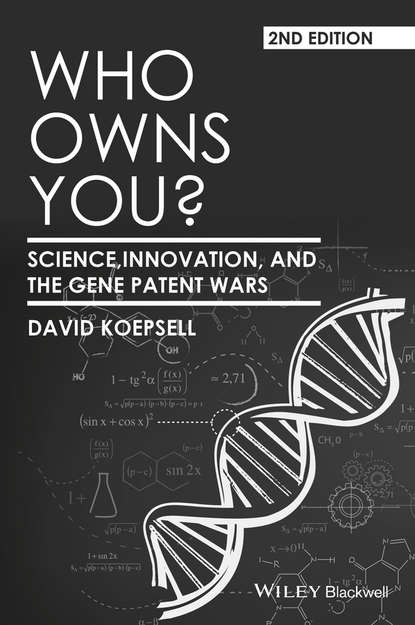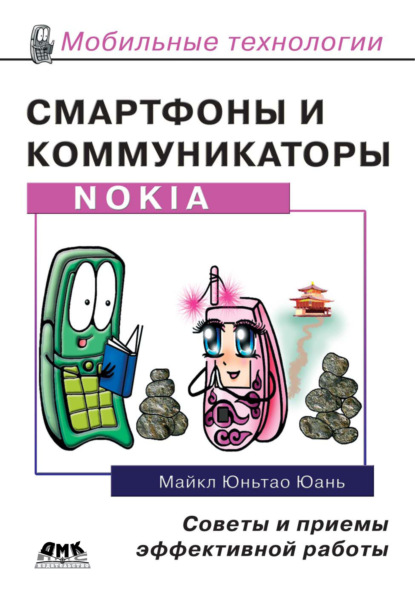Книга "Who Owns You? Science, Innovation, and the Gene Patent Wars" автора Дэвида Коэпселла - это широко признанное исследование философских и юридических проблем патентования генов человека. Второе издание книги обновлено, чтобы отразить последние изменения в культурном и юридическом климате, связанных с практикой патентования генов. Автор раскрывает теоретические предпосылки, лежащие в основе несправедливости патентов на неизмененные гены. Он выдвигает уникальный аргумент в пользу необходимости создания общинных ресурсов, объясняя, как части вселенной не могут подвергаться монопольным требованиям. Книга является единственным трудом, который пытается первоначально определить природу генетических объектов до того, как будут сделаны какие-либо этические выводы. Кроме того, книга предоставляет наиболее полный обзор различных судебных процессов, законодательных изменений и общественных дебатов, связанных с делом AMP против Myriad, наиболее значимым случаем, касающимся патентов на гены.
David Koepess's hugely influential Who Owns You? Accumulates extraordinary practical evidence and theoretical analysis with stunning clarity and power about an enterprise now lividly confronting America, Europe, and Asia. This edition primarily reflects changes made by the Court of Appeals for the Federal Circuit following the November 2015 decision of KSR International Limited Partnership, Rudolf Andrasfai Direct Asset Management Limited Partnership v. Public Patent Court (Chairman: and Guang Zhou Ruibihe Biotechnology Co. Ltd v. Hideki Noguchi and Others.
Электронная Книга «Who Owns You?. Science, Innovation, and the Gene Patent Wars» написана автором David Koepsell в году.
Минимальный возраст читателя: 0
Язык: Английский
ISBN: 9781118948491
Описание книги от David Koepsell
The 2nd Edition of Who Owns You, David Koepsell’s widely acclaimed exploration of the philosophical and legal problems of patenting human genes, is updated to reflect the most recent changes to the cultural and legal climate relating to the practice of gene patenting. Lays bare the theoretical assumptions that underpin the injustice of patents on unmodified genes Makes a unique argument for a commons-by-necessity, explaining how parts of the universe are simply not susceptible to monopoly claims Represents the only work that attempts to first define the nature of the genetic objects involved before any ethical conclusions are reached Provides the most comprehensive accounting of the various lawsuits, legislative changes, and the public debate surrounding AMP v. Myriad, the most significant case regarding gene patents



















